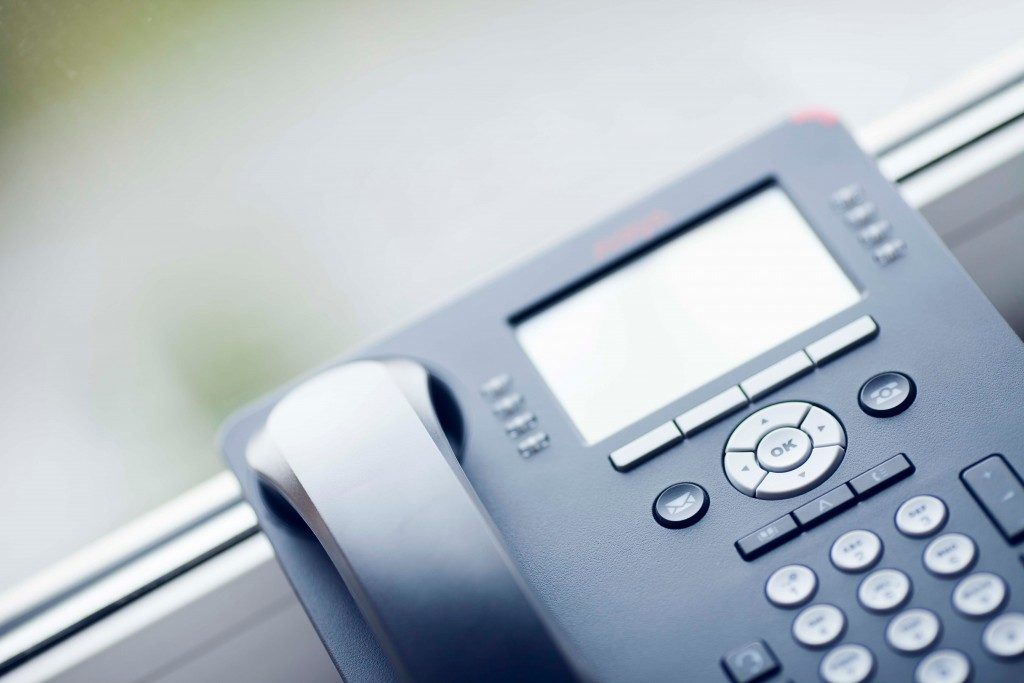Although the World Wide Web is undoubtedly dominating the business scene, it will be unwise for businesses to forgo or disregard the traditional means of communication. About 65% of consumers still use their phones to contact a business, which means that if you don’t have a well-functioning phone, you can lose a number of prospective customers.
As a business owner, you must take into account the operational needs of your business, as well as the cost, features, service efficiency, additional fees, reliability, flexibility, and ease of use of the phone system you’re eyeing.
The Telephone System to Use for Your Business
There are three main types of telephone systems:
- Traditional telephone systems, also called private branch exchange (PBX) systems, are the conventional phones you often see on desks in offices. These systems require the installation of a telephone and a phone jack which will connect it to the service.
- The virtual phone systems, as implied by the name, are updated versions of the traditional systems. They make the most of advanced cloud technology to establish solid connections with devices, such as mobile phones, computers, and handsets.
- VoIP phone systems share plenty of features with traditional systems, but they’re less time-consuming when setting up since they don’t require the usual phone installations. This has made it possible for employees to use their computers instead of their traditional telephones in answering and making calls.
The IP PBX System

If you’re looking for a flexible phone system, IP PBX systems offer amazing modern features. Search Unified Communications defines an IP PBX as “a telephone switching system within an enterprise” that allows the shifting of calls between VoIP-using employees on local lines while letting all users share a particular number of external phone lines.
An average IP PBX phone system is also capable of switching calls between a user of VoIP and a user traditional telephone. In addition, it allows communication between two users of a traditional telephone system just as a conventional PBX can.
There’s a wide variety of IP phone systems in the market, which provides high definition sound quality and comprehensive business features. Other than impressive sound quality and voice support in the speaker and handset, IP phones enable convenient call management by giving users ease of access to contact lists, voice messages, and call log history.
As typical IP PBX systems utilize compacted data and voice networks, communication between VoIP and traditional telephone system users can occur using only one phone line is possible through Internet access. Thus, they’re much easier to downsize and can even reduce long-term costs for maintenance and routine operations.
Efficient phone systems are indispensable for all businesses, big and small. That’s why it’s important to choose a system and model that best suits the needs of your operations. After you figure out the demands of your daily corporate routines, you can identify the features that you truly need. It’s advisable to aim for cost-effective systems because surging prices don’t necessarily signify superior quality. Remember, the old adage “a penny saved is a penny earned” also applies to choosing the phone system for your business.

